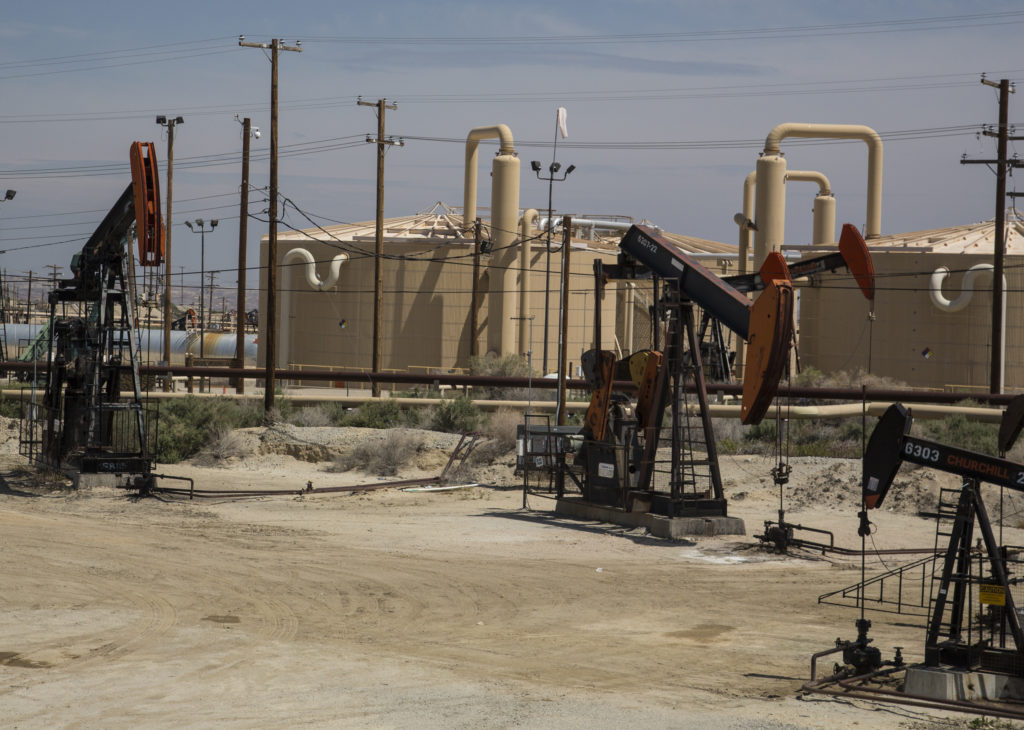A Cautionary Tale for States Seeking to Tax Oil Corporations From California

 California’s Tale of Loss Offered as a Warning for Colorado’s Amendment 58 Supporters.
California’s Tale of Loss Offered as a Warning for Colorado’s Amendment 58 Supporters.
It was the most expensive ballot measure ever fought in U.S. political history. Proposition 87, which appeared on the November 2006 California state ballot, would have implemented a small fee per barrel of oil drilled within the state and directed the funds to investments in alternative energy. When Prop 87 was first introduced, in July 2006, more than 60 percent of Californians polled supported it. But at the voting booth in November, the measure was defeated 55 to 45 percent.
What took place in the intervening five months is the story of how Big Oil flexes its muscle. It is a cautionary tale for Coloradans supporting Amendment 58 that would end the $200 million annual property tax break for oil and gas companies and apply a flat 5 percent severance tax to fund college scholarships.
Money lies at the heart of this story. For every dollar the supporters of Prop 87 spent, the oil companies spent two and were always prepared to spend more. Already in Colorado, while Amendment 58 has raised some $981,000, opponents have raised nearly seven times more money, with $6.6 million so far, according to The Denver Post.
Oil companies spent over $100 million to defeat California’s Prop 87. And while you never saw their names in the “paid for” line of any commercial or printed on the back of any campaign flyer, it was Chevron, ExxonMobil, Shell, and Occidental that led the charge against the measure.
“When we launched a campaign against Big Oil,” explained Prop 87 communications director Yusef Robb, “the people of California did not understand that Big Oil was our opponent. It was cloaked behind front groups, consultants, and lobbyists, and the cloak was secured by the lack of media scrutiny.” Media inquiries made to the oil companies were diverted to the campaign’s front group, Californians Against Higher Taxes, virtually 100 percent funded by oil company money, or to the California Chamber of Commerce — a huge recipient of oil industry largesse on the local, state, and national levels with boards of directors littered with past and present oil industry executives.
The mantra repeated in every ad, mailer, and by every spokesperson focused on the one thing that scares Californians even more than global warming: higher gas prices.
Prop 87 opponents argued that prices would go up because costs would rise and oil companies would be forced to abandon California. This claim was supported by an “independent” expert analysis provided by LECG, a consulting firm, which, as it turned out, had been paid over $94,000 by the opponents of Prop 87 to write the report and share the results with the public.
Economists challenged as specious the claim that gas prices would rise and the companies would be forced to leave the state. The tax was simply too small to have any meaningful impact on the expenditures of these mega corporations — the wealthiest companies in world history.
Coloradans should take heed: The money, the media blitz, and the misleading information were impenetrable.
On Election Day 2006, the No. 1 issue that Californians said guided their overwhelming “no” votes against Prop 87 was the fear of rising gasoline prices.
